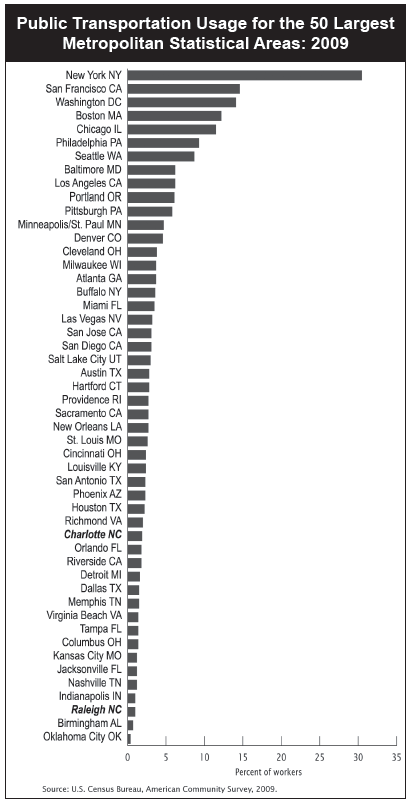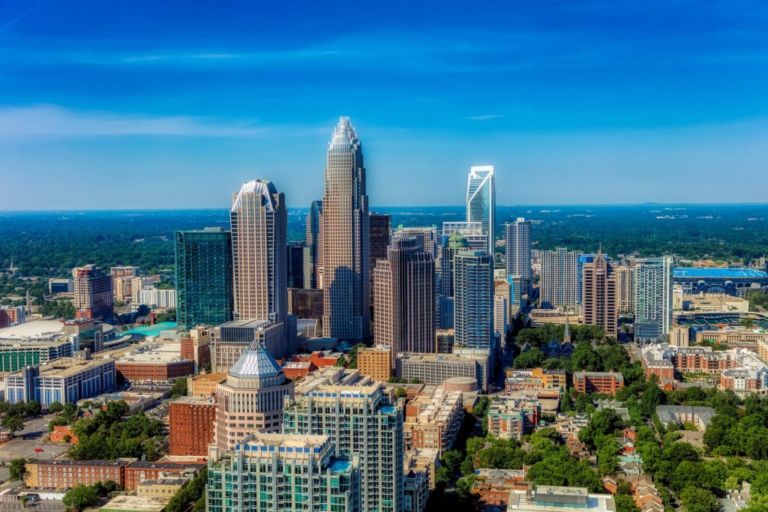University of Wisconsin at Green Bay professor Steven Dutch has a thought piece on “Why People Don’t Use Mass Transit.”
This piece had its origin, Dutch explains, when he was stuck in a traffic jam wondering why he was stuck in a traffic jam when he could have taken the subway. He shortly realized why he preferred to commute by automobile, and by extension why others do so, too, and are making rational choices in so choosing.
Here’s a snippet:
As John Naisbitt pointed out in Megatrends, one of the first thing people do when they acquire some affluence is begin to buy back their time. They hire out boring or unpleasant tasks like food preparation, housekeeping, child care and repairs. (Home delivery services are even enjoying a bit of a resurgence as two-earner families find themselves increasingly pressed for time.) Failure to recognize the value of time to individuals leads to unproductive results.
Nowhere is this issue clearer than in attempts to deal with the problems caused by the automobile. Critics of the automobile point out that in addition to the direct costs of the automobile like fuel, maintenance, and depreciation, there is the cost of highway construction, environmental damage, tax subsidies, defense of oil supplies, and so on – a host of “hidden costs.” For example, The International Center for Technology Assessment, in The Real Price of Gasoline, and Stephen H. Burrington in Road Kill: How Solo Driving Runs Down the Economy, both estimated the real cost of driving a car at about a dollar a mile. They estimated the cost of a bicycle at twelve cents a mile.
I live eight miles from campus. At a dollar a mile by car, it costs $16 to commute. It takes about 20 minutes each way, so figuring my salary at $25 an hour, the cost comes to about $33. Occasionally I bicycle. It takes 45 minutes each way. The cost of bicycling alone is only $2 a day, but the time cost is $37. It costs $39 a day to commute by bicycle. By mass transit, I have to walk to the bus stop, go downtown, transfer, and travel a winding route to campus. Total fare is $2.50, and counting time walking to and waiting at the bus stop at either end, it takes at least 45 minutes to make the trip by bus, bringing the total cost to around $40.
There are plenty of good reasons to encourage mass transit, but arguments about the hidden costs of the automobile fall on deaf ears because people, unconsciously or not, factor time and convenience into their decision making. The average driver knows perfectly well why she drives.
Meanwhile, in Wake County…
At last count, 76 transportation experts and planners — including many who are generally proponents of light rail — have looked into the light rail for Wake County and determined it wouldn’t make sense here. They would have the area order its transportation priorities more responsibly, more flexibly, and more in line with commuter needs.
You have to look waaay down the chart to find Charlotte and Raleigh:


